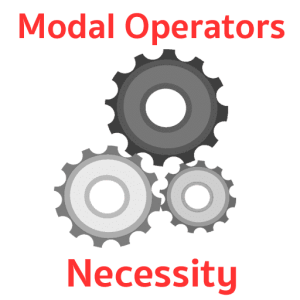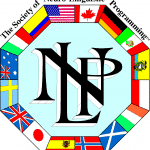

First let’s start with some theory. How do we use in NLP Modal Operators of Necessity? Any words that lead to having no choice, or that require certain responses, actions and words that are connected with abilities or lack thereof are in NLP Modal Operators of Necessity. These show up frequently in people’s beliefs about things and aspects in life.
Start to consider this; We often feel we have to do particular things and have no choice. Words such as should, must, have to, need. Operators of necessity lead to create stressful states that are self-imposed and can be disabling. We seldom really question whether we have to do certain activities or feel a certain way. We don’t examine the real consequences of not doing things. This is probably more obvious when you hear other people use these words in a context you wouldn’t.
States of necessity or Modal Operators of Necessity drive us to complete deadlines. For example, we might stay up all night to finish an assignment. This Meta model pattern can be useful, focus all our resources and help us get important goals. Many find it motivating. There is big difference between “I’d like to make an extra 1,000 this month” and “I have to make an extra 1,000 this month”.
They can also produce stress. Necessity thinking diverts us from other more important outcomes. It leads to create a kind of tunnel vision. Many people use states of necessity for the most trivial and life energy sucking things. And that is why some people even do not know which state they are in.
Take the following statements:
Again, it is preferably to move people away from necessity and to drive them towards possibility, so the options show up, instead of being fixated on one goal.
“I just cannot come up with some more examples.”
To gain more information about this statement, you can go two ways. You continue to ask:“What leads to this?”
As a result you gain more information about the source of the belief. The other question you can ask is: “What does that say about you or about your future abilities?” to gain more information about the implications about that belief. Even stronger, use this one: “I recognize that you believe you cannot come up with more examples, but if you could, how would you learn first that you could come up with more examples, now?”Remember, to increase your efficiency as a NLP Practitioner, know your positive intention for the message you want to convey, build rapport and pay attention on what and how you use language. Leave people and business in a better place that where you found them, every day!
Mind Tools provides NLP Practitioner and NLP Master Practitioner Trainings and Certifications. We educate you according to the renowned, latest and highest standards set by the Society of NLP. We will train you thoroughly in all the corners of Neuro-Linguistic Programming and some extras we learned from Richard Bandler directly.

Our NLP Practitioner Training starts in:
On Checkout use the code NLP10PCTOFF and gain an extra 10% off our already discounted price.